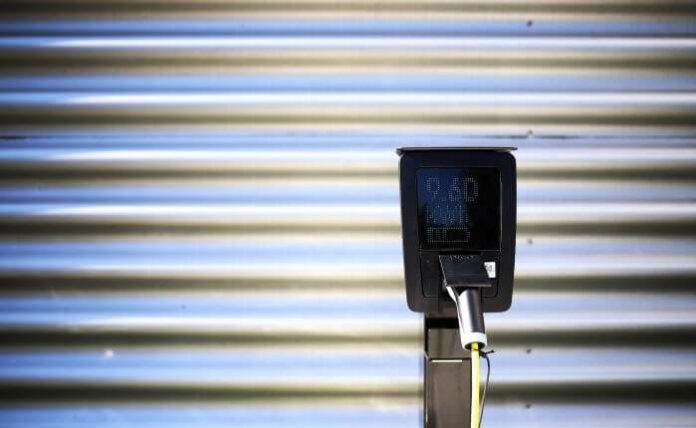Knowing what a kWh is and how much it costs you makes it easier for you to understand how your supplier works out your bill, why your A/C consumes so much more electricity than your microwave, and whether you’re getting a good deal.
What Is A kWh?
When you look at your electricity bill at the end of every month, you may often see your electricity and gas usage expressed as kWh or kilowatt hours. Understanding kWh is the best way to make sense of your bill and reduce it.
So that’s why you should know what kWh is, but what exactly does it mean?
You might be thinking that kWh means the number of kilowatts used in an hour, but that’s actually not the case. A kWh is a unit of measurement, not time. In simple terms, the amount of energy used by a 1000-watt appliance for an hour will add up to 1 kWh.
Reaching the total kWh used by an appliance can be worked out by seeing how many times the wattage of that appliance will be divided into 1000. So something that is 100 watts would use 1 kWh in 10 hours, but something that is 2,000 watts would use the same amount of energy in half an hour.
What Can 1 kWh Power?
It can be difficult to visualise what 1 kWh actually amounts to. Here are some examples of what would use 1kWh:
- Ironing for one hour
- A dishwasher cycle that is less than an hour
- Running a fridge/freezer for three hours
- Watching TV for a day and a half
- Sleeping with an electric blanket on all night
- All-day laptop use
- Leaving a wifi router on and connected for five days
Bear in mind all appliances will still consume a small amount of energy whilst in standby mode and will therefore contribute to your bill. If you want to turn these kinds of appliances completely and avoid that slow drain of electricity, turn your appliances off at the plug point.
How Much Does 1 Kwh Cost Me?
The price of energy will be determined by a national price cap and market conditions and demand. It is, therefore, often slightly different whenever you look.
All of your appliances use energy in the same way. While some appliances will only run for just a few minutes a day, like a heater or a kettle, and others are on constantly, like your fridge or wi-fi router, they all use electricity.
Finding the cheapest electricity supplier is one way to save on your monthly bills. With the Utility Bidder electric price per kWh guide, it’s easy to understand what you’re using and how to save.
To work out the cost of electricity, find the current price per kWh from your supplier and multiply that number in pence by the kW rating of the appliance you are using.
How Can I Save On Electricity?
So, you’ve heard the unfortunate news. The prices of electricity are going up by around 80% in the last quarter of 2022, starting in October. Like all of us, you might want to start saving on your electricity bill, but how do you do that? I’m sure you don’t feel like you’re using an exorbitant amount of electricity.
Believe it or not, saving a decent amount on electricity is doable with just a couple of small changes to your mindset and lifestyle.
Here are some rapid-fire ways to save on electricity:
- Use low-energy lightbulbs.
- Switch plugs off at the wall when you aren’t using the appliance.
- Don’t fill the kettle up completely; only fill it up with the water you’ll need.
- Only run the dishwasher when it’s completely full.
- Turn off your lights when you leave the room.
- Use a smart meter to accurately track energy usage and costs.
Final Thoughts
That is all you need to know about kWh as a home electricity user. We have covered why you should understand kWh, how it affects your energy bill, and ways you can understand and reduce your energy bill. With the increasing cost of electricity, understanding and monitoring your usage is your first defence against exorbitant bills at the end of the month.







